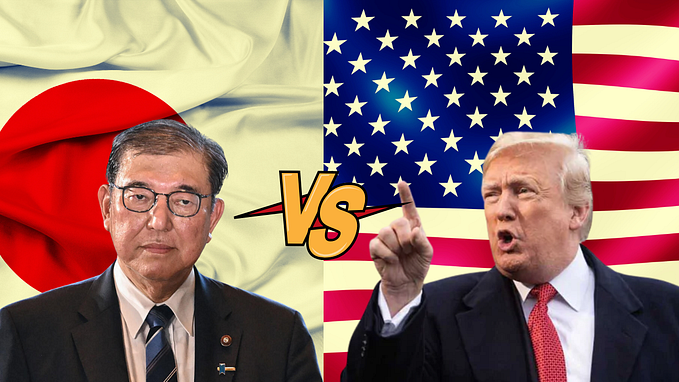
Joe Biden’s Executive Order Directs Federal Agencies to Implement Supreme Court Ruling in the Bostock Case
As one of his first actions following his inauguration, President Joe Biden signed an executive order directing federal agencies across the government to implement the U.S. Supreme Court’s June 2020 ruling in the Bostock case.
This executive order comes after months of the previous administration’s refusal to acknowledge the Court’s ruling and insistence that discrimination against LGBTQ people was permissible under federal laws other than Title VII employment law.
For example, just last week, the day after an attempted coup at the Capitol, the U.S. Department of Education issued guidance stating that discrimination against LGBTQ students was not prohibited under Title IX. President Biden’s executive order marks the beginning of what he describes as work to “prevent and combat discrimination on the basis of gender identity and sexual orientation” throughout the country.
In June, the U.S. Supreme Court ruled that federal employment law’s protection against sex discrimination means that it is illegal for employers to discriminate against LGBTQ workers because of their sexual orientation and gender identity.¹ This monumental ruling means that LGBTQ workers across the country are protected from job discrimination under Title VII of The Civil Rights Act of 1964.
Additionally, there are more than 100 places in federal law where discrimination based on sex is prohibited,² including in key areas of life such as housing, education, credit, and health care. The Court’s understanding that discrimination based on sexual orientation and gender identity are inherently forms of sex discrimination should apply to these other statutes. While advocates have long argued that, in all these contexts, protections against sex discrimination included protections for LGBTQ people, this new executive order makes clear that Biden Administration and the federal government will read these federal statutes to be inclusive of LGBTQ people.
This is critical given the number of areas where LGBTQ people experience discrimination and have previously lacked recourse through federal agencies and their civil rights divisions, including:
- Employment in the form of discrimination, harassment, unequal pay, pregnancy discrimination, family and medical leave policies
- Housing including renting, purchasing, and financing
- Credit and lending
- Education
- Health Care
- Jury Service
- Numerous government programs such as Supplemental Nutrition Assistance (food stamps), small business assistance, Temporary Assistance for Needy Families
- Immigration-related matters such as refugee programs
- International relations and foreign service
The June 2020 U.S. Supreme Court ruling in Bostock was a watershed moment in terms of providing clarity about the extent to which LGBTQ people are protected by federal employment law. And today’s executive order is an important step to protect LGBTQ people from discrimination in many key areas of life, including those listed above. Yet, there remains critical work ahead to ensure that all people can fully participate in life and be treated fairly, regardless of their sexual orientation, gender identity, or sex.
For example, one area of federal law that does not include protections on the basis of sex — meaning that President Biden’s executive order therefore cannot apply — is in public accommodations. That means that federal legislation is still needed to prevent a grocery store from refusing to allow transgender person to shop, or to prevent a government-funded social service agency from denying emergency shelter to a lesbian mother. Nearly seven in ten Americans, including majorities in every state, agree that discrimination against LGBTQ people has no place and should be prohibited.³ It is time for Congress and state legislatures to pass comprehensive, explicit nondiscrimination protections.
That’s why it is time for Congress to pass the Equality Act, which would explicitly prohibit discrimination under federal law not only in the areas mentioned above but also in federally funded programs and places of public accommodation, where sex protections don’t current exist. Federal protections in public accommodations are vital, especially given that only 21 states and the District of Columbia have protections for LGBTQ people in places of public accommodations.⁴
In November 2020, MAP and a number of leading LGBTQ organizations issued a Week 1 priority list for the Biden Administration. Today’s executive order accomplishes one of these important items. To learn what more the Biden Administration can do to advance LGBTQ equality, read more here.
¹ Bostock v. Clayton County, Georgia (2020).
² Appendix C to opinion of Alito, J. in Bostock v. Clayton County, Georgia (2020).
³ Public Religion Research Institute (2020).
⁴ Movement Advancement Project. “Equality Maps: State Nondiscrimination Laws: Public Accommodations.”








